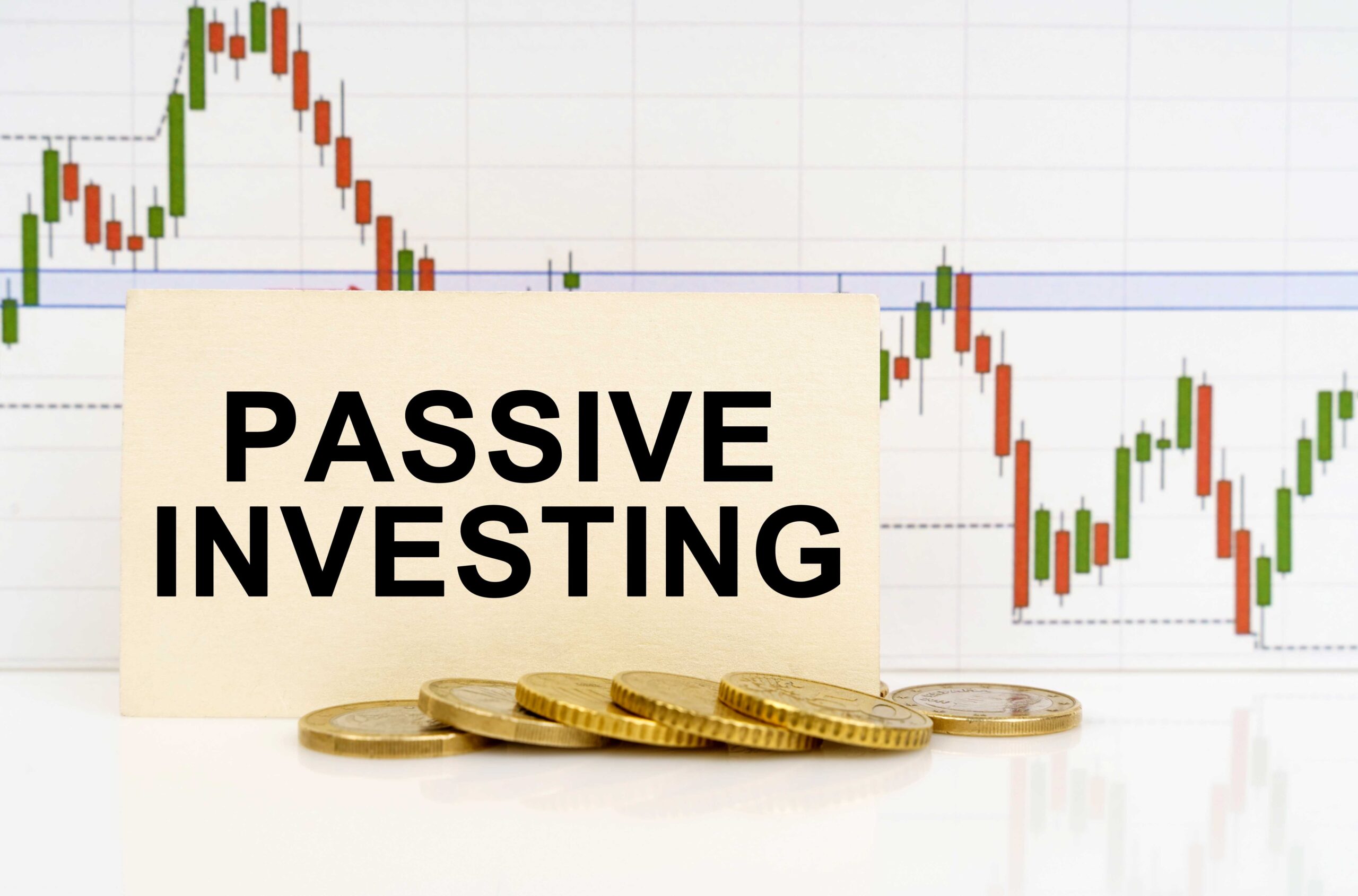
National Savings provides a glimpse of the new bond promised in the Spring Budget.
Jeremy Hunt’s Spring Budget had an emphasis on Britishness with talk of “the great British pub”, ‘the British ISA’ (now a UK ISA) and ‘Great British Nuclear’. Included on the list of Britishness was the promise of a new ‘British Savings Bond’ (BSB) from National Savings & Investments (NS&I) which would “make it easier for people to save for the long term”. You may wonder whether the Chancellor is following in the footsteps of one of his predecessors, George Osborne, by offering a pre-election special deal to savers.
Four weeks after the Budget, NS&I revealed the terms of the new BSB, which is not in fact a new bond but new (71st) issues of three-year Guaranteed Growth Bonds and three-year Guaranteed Income Bonds. The fixed interest rate for the growth variant is 4.15% gross, while for the income version, which pays monthly, the figure is 4.07% gross (4.15% annual equivalent rate).
What is offered by the bond – new or old – has not exactly set hearts racing:
- Both versions of the bond are about 0.5% below the market leading rates, although the NS&I products are fully backed by the government, whereas their bank and building society competitors are only covered up to £85,000 by the Financial Services Compensation Scheme.
- The NS&I bonds’ 4.15% return is also, at the time of writing, more than matched by the government’s existing three-year gilts. If you are a taxpayer, some of the gilts maturing in three years provide a higher total return because it is mostly through CGT-exempt capital growth.
If you are attracted by the Guaranteed Growth Bond, be warned that its tax treatment may not be what you expect. Although annual interest is added, because the bond cannot be encashed before maturity, HMRC take the view that all three years’ interest (12.97% of the initial investment) is taxable at maturity. That means anything more than an investment of about £7,700 will produce terminal interest above your personal savings allowance if you are a basic rate taxpayer (£3,850 if you pay higher rate).
For more information on BSB alternatives, whether for income or growth, please get in touch.
Tax treatment varies according to individual circumstances and is subject to change. The Financial Conduct Authority does not regulate tax advice.
The value of your investment and any income from it can go down as well as up and you may not get back the full amount you invested.





